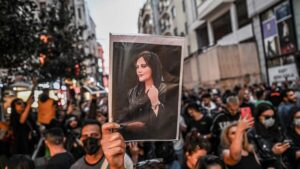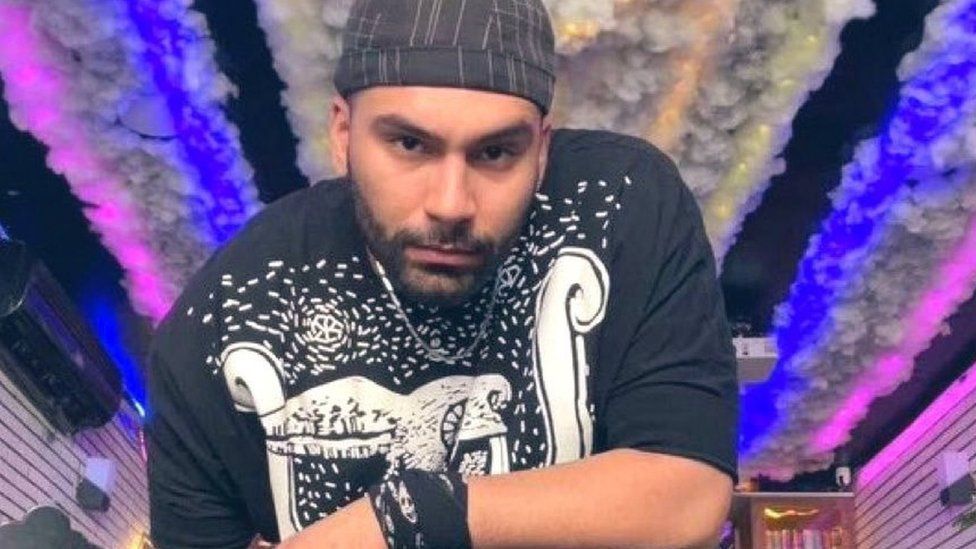Iran hanged a man who was found guilty by a revolutionary court of “waging war against God,” carrying out the country’s first execution in connection with the anti-government protests that have shaken the nation.
On September 25, during the early stages of the protests brought on by Mahsa Amini’s death in detention, Mohsen Shekari was charged with blocking a thoroughfare and injuring a Basij militia man who supported the regime. In a video that was purported to be Shekari’s confession, state media showed him with a bruise on his right cheek. His family awaited word of his fate outside the jail where he was put to death.
Mahmoud Shekari, Shekari’s uncle, complained to the Guardian from Denmark that police “had started a typical game to punish his family” by refusing to release his remains, which is consistent with other relatives of deceased protesters. He claimed that after being directed to two graves, the family was informed upon arrival that the body was not present. According to the uncle, Shekari’s mother had received repeated instructions not to announce the arrest of her son, and even when she saw him the night before he was hanged, she was told to keep quiet about his destiny. According to his uncle, Shekari was denied the right to a lawyer of his choosing and had clear indications of torture on his face.

Mohsen was athletic and powerful; when he saw the security forces attacking the demonstrators, he pulled the guardrail from the side of the highway and placed it in the center of the street to block the police forces’ way, the uncle stated while describing the incident that resulted in his detention. Mahmoud claimed that Shekari was the primary breadwinner for the family and was employed at a café. Shekari was found guilty on November 1 at Tehran’s revolutionary court, which generally hears cases behind closed doors, according to the judiciary-run Mizan news agency. His use of a weapon “with the goal of killing, inciting panic, and upsetting the peace and safety of society” was determined by the court.

The verdict was affirmed by the top court on November 20 notwithstanding his appeal against it. According to rights organizations, Shekari was tortured and made to confess. The director of the Oslo-based organization Iran Human Rights, Mahmood Amiry-Moghaddam, urged a strong international response because “else we will be facing regular killings of protestors.” Up to 21 individuals have been charged with crimes that could result in the death penalty. Numerous other deaths have occurred during the protests.
- Misleading Video Alters Prime Minister Shehbaz’s Speech Targeting Political Rival, Not His Party - 21/04/2024
- ATC Grants Three-Day Remand for Suspects in Ichhra Bazaar Harassment Case - 19/03/2024
- Pakistan, India, and Bangladesh Lead World in Severe Smog Crisis, Exceeding WHO Guidelines - 19/03/2024


